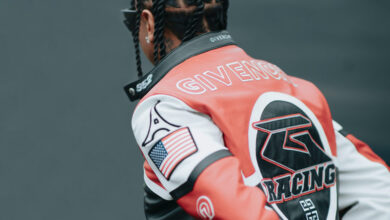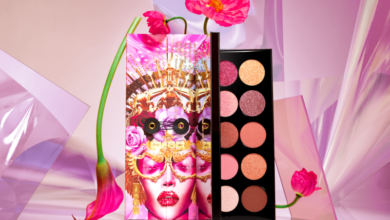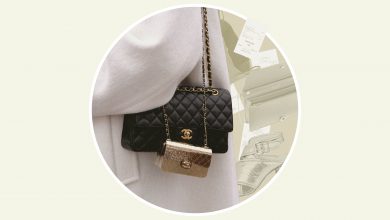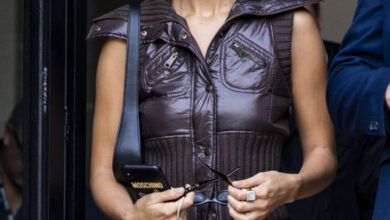The ‘Barbie’ Movie “Anti-Man” Backlash Is Wrong
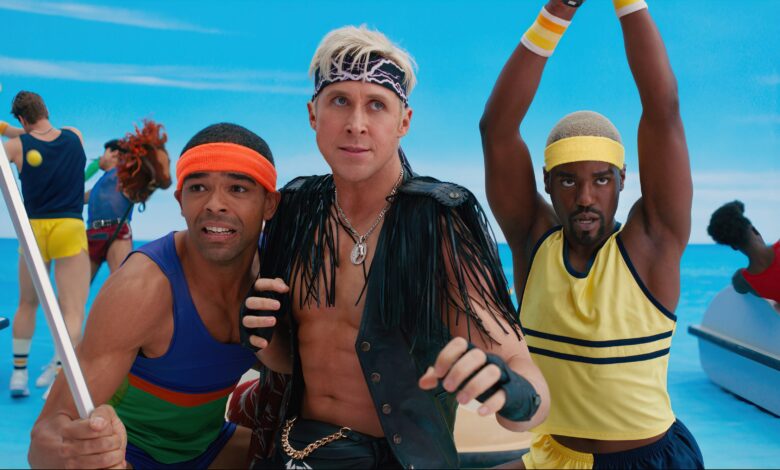
It’s anti-patriarchy.
Warning: Spoilers for the Barbie movie ahead.
Surprise! After months of mounting anticipation and intentionally plot-evasive marketing, it turns out the Barbie movie is not just a fashion-filled romp about the power of pink. It is sort of that, but it also presents pretty thoughtful commentary on gender dynamics. And this has made some people very upset. Enter: the Barbie movie backlash.
RELATED: Ryan Gosling Was Born To Play Ken
Within less than a week of its release, Barbie has been criticized by conservative commentators for unfairly targeting men. Piers Morgan called it “an assault on not just Ken but all men.” Ben Shapiro went viral for setting dolls on fire in an angry response to the film. Amid the Barbie movie backlash, a narrative has emerged that Greta Gerwig’s adaptation is overly “woke,” a form of “propaganda” and, most consistently, “anti-man.”
The thing is, in Barbieland, the Kens don’t really matter. They’re not mistreated, but their happiness hinges on the approval of the Barbies — who have all the jobs and decision-making power. Of course, the “women rule!” ethos of Barbieland is entirely fictional. The film’s depiction of this life-in-plastic society is based on the canon Mattel created specifically to appeal to little girls. In the real world, nothing works that way. That’s kind of the point.
The film follows Barbie (Margot Robbie) and Ken (Ryan Gosling) as they venture into reality and learn what it’s like in a place where men hold economic, social and political power. In other words: the patriarchy. Barbie feels suddenly uneasy and experiences self-consciousness for the first time. Within her first few minutes there, she’s catcalled, harassed and even assaulted. Ken, on the other hand, is imbued with a sense of authority and respect. The emphasis on this dichotomy isn’t “anti-man,” it’s just honest. Under patriarchal systems, women are actively put in danger — just look at the state of reproductive healthcare.
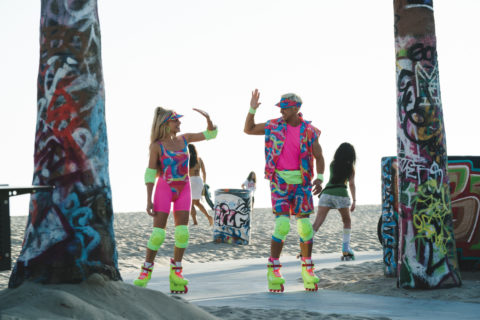
With a great first impression of the patriarchy, Ken brings the idea back to Barbieland. The Kens seize power, turning the Barbies into cheerleaders who give foot rubs in maid uniforms. Through this plot line, Barbie uses comedy — and absurdist fashion — to capture the trappings of toxic masculinity. Ken dons two pairs of sunglasses, a tasselled leather vest, an offensively large faux fur coat, and a sweat-absorbing bandana affixed to his bleach-blonde hair. He picks up an obsession with horses and turns Barbie’s dream house into a ranch-themed bachelor pad.
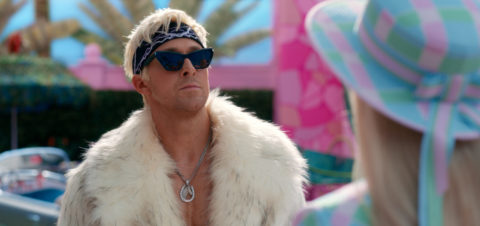
In his newfound position of power, Ken is literally padding himself to feel bigger and stronger. Deep down, he still has insecurities and uncertainties — he’s simply more equipped at hiding them now. This culminates with Ken having an existential crisis, leading him to want to figure out who he is. Ultimately, he has to confront the societal expectations of him as the “perfect” boyfriend he was created to be. Just like Barbie is tied to stereotypical standards, so too is the six-pack-bearing Ken.
Barbie points out the harmful gender roles put on men and women alike. This is an idea that feminist author bell hooks famously honed in on, noting how the patriarchy teaches boys to suppress their feelings, deny pain and conform to a restrictive ideal of what men should be. In satirizing these characteristics, the Barbie movie sends a clear message: As a man, you don’t need to inflate your masculinity to be worthy. You’re (k)enough.
In an interview with The New York Times, Gerwig responded to the conservative Barbie movie backlash. “My hope for the movie is that it’s an invitation for everybody to be part of the party and let go of the things that aren’t necessarily serving us as either women or men,” she said. Sure, Ken is a little two-dimensional. But the irony here is that he’s playing the archetypal “bimbo” character that women have been relegated to for decades. Nevertheless, the film takes time to investigate Ken’s villainous arc through a raw (and camp!) ballad. It portrays the harm that comes from the traditionally masculine pressures of repressing emotions. It even positions the overlooked, sensitive Allan doll as a quasi-hero and fan favourite.
In the end, Barbie doesn’t present solutions for real-world gender disparities. But does it have to? The movie offers a joy-filled viewing experience chock full of plot holes, cartoon visual embellishments and inexplicable outfit changes. Still, it manages to pack a meaningful punch about masculinity in today’s culture. After all, life in plastic isn’t always fantastic.


